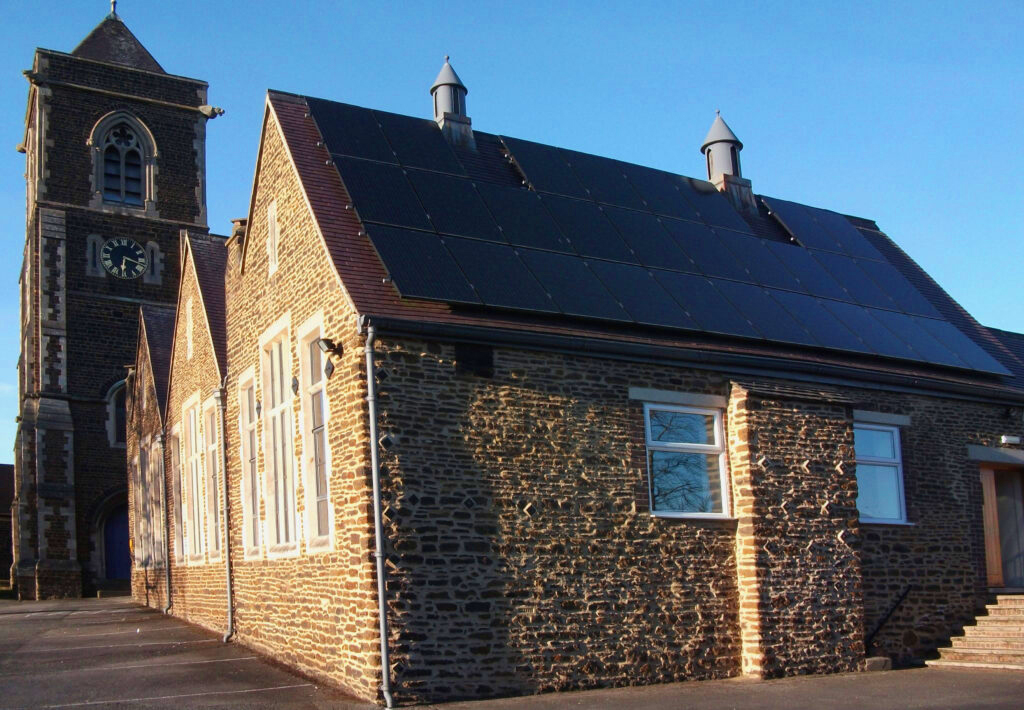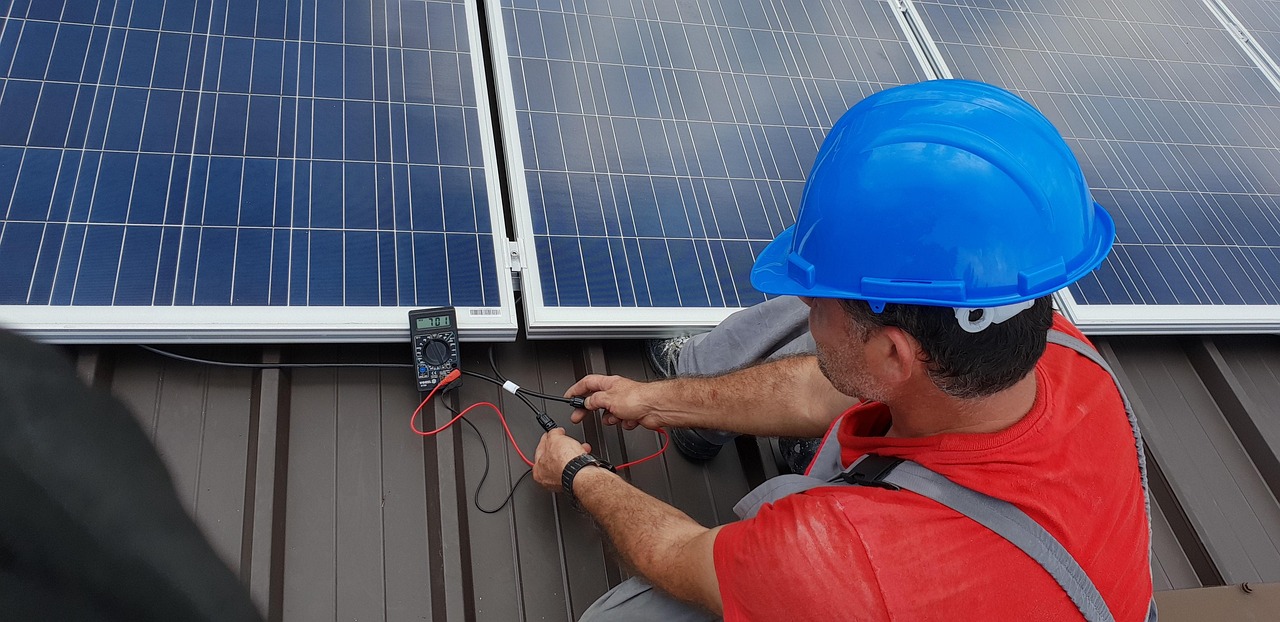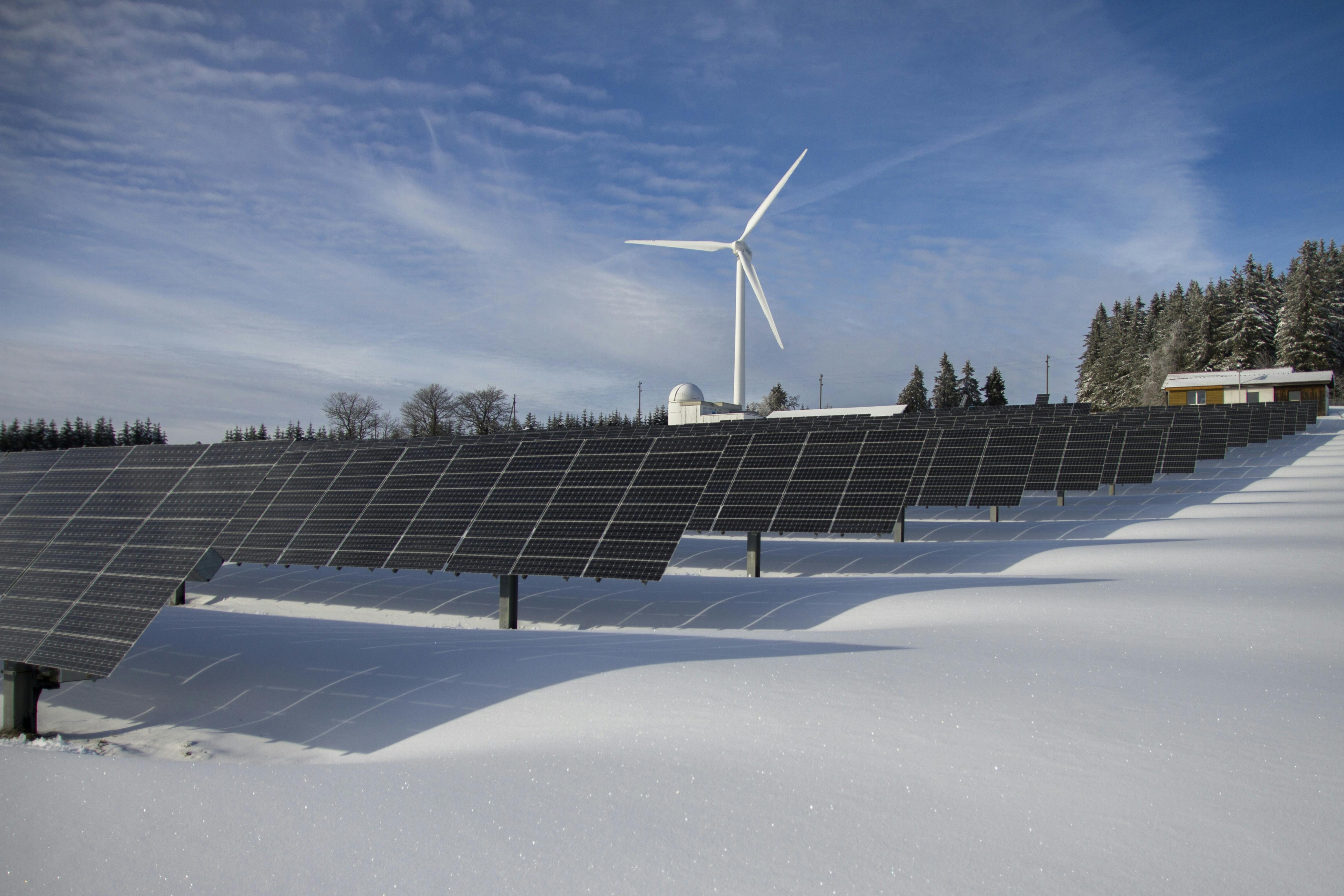A Complete Guide to Solar Panel Warranties
Learn about solar panel warranties to ensure your system runs smoothly

Understanding solar panel warranties is crucial for anyone investing in solar energy, whether you're researching your first installation or already have panels on your roof. Solar panels are a significant financial investment, making warranty protection essential for protecting their performance during the system's 25+ year lifespan.
A solar panel warranty is a manufacturer's or installer's guarantee that covers defects, performance issues, or premature failure of your solar energy system. These warranties provide financial protection and peace of mind, ensuring your solar investment continues delivering returns for decades to come. Understanding warranties helps prospective buyers compare different manufacturers and installers, while existing solar owners need to know their level of coverage in case any issues come up.
Proper warranty research is particularly vital during the consideration stage because warranty terms vary significantly between manufacturers, and some offer substantially better protection than others. Additionally, it's important to know what actions can void your warranty, so you aren't left without coverage when you need it most.
Main Solar Warranty Takeaways:
- Product warranties typically cover manufacturing defects for 10-12 years
- Installation warranties from your solar installer usually cover workmanship issues for 1-5 years, depending on the company
- Performance warranties for solar panels in the UK typically range from 20-25 years
The Main Types of Solar Panel Warranties
In the UK, solar panel owners can expect three primary types of warranty protection, each covering different aspects of your solar energy system.
Product Warranties (Equipment/Manufacturing Warranties) Product warranties protect against manufacturing defects and premature equipment failure. These typically cover the solar panels themselves, inverters, and other system components. Most reputable manufacturers offer 10-12 years of product warranty coverage. This warranty covers issues like cell cracking, frame corrosion, junction box failures, and other manufacturing-related problems that could affect system performance.
Performance Warranties (Power Output Guarantees) Performance warranties guarantee that your solar panels will maintain a minimum level of electricity generation over time. Solar panels naturally degrade slightly each year, but performance warranties typically guarantee that panels will still produce at least 80-90% of their original output after 25 years. For example, a common performance warranty might guarantee 90% output after 10 years and 80% after 25 years.
Installation Warranties (Workmanship Warranties) Installation warranties are provided by your solar installer rather than the manufacturer, covering the quality of installation work. These warranties typically last 1-5 years depending on the installer. Installation warranties cover issues like roof leaks caused by improper mounting, electrical connection problems, and other installation-related defects.
Extended Warranties and Insurance Some manufacturers and third-party providers offer extended warranty options that can extend coverage beyond standard terms. Additionally, many home insurance policies can be updated to include solar panel coverage, providing protection against weather damage, theft, and other risks not covered by manufacturer warranties.
For business owners, commercial solar installations often come with similar warranty structures but may include additional service level agreements (SLAs) that guarantee system uptime and maintenance response times, which are crucial for businesses relying on solar energy for operations.
Warranty Periods
Solar panel warranty periods in the UK are not set by law but are determined by individual manufacturers and installers based on industry standards and competitive positioning. The most common warranty periods follow established patterns across the solar industry.
Standard Warranty Durations: Product warranties typically range from 10-12 years for most mainstream manufacturers. Performance warranties commonly span around 25 years, reflecting the expected operational lifespan of solar panels. Installation warranties vary significantly, but usually include at least 1 year of coverage.
Who Determines Warranty Length: Manufacturers set their own warranty terms based on product testing, expected component lifespan, and market competition. Longer warranties often indicate greater confidence in product durability and can justify premium pricing. Installers similarly determine their workmanship warranty periods based on their experience, insurance coverage, and business model.
The Process of Claiming on Your Warranty
Making a warranty claim typically involves several steps, starting with documenting the issue and contacting the appropriate warranty provider. For product warranties, you'll usually need to contact the manufacturer directly or work through your installer if they handle warranty claims on behalf of customers.
Typical Claim Process: The process usually begins with reporting the issue to your installer or manufacturer, providing system performance data, photos of any visible damage, and proof of purchase. Most companies require professional inspection to verify warranty-covered issues, particularly for performance claims that require electrical testing to confirm underperformance.
What Voids Your Warranty: Several actions can void your solar panel warranty, making it crucial to understand these limitations upfront. Unauthorized modifications or repairs by non-certified technicians will typically void coverage. Physical damage from improper handling, such as walking on panels or using inappropriate cleaning methods, is rarely covered. Installing additional equipment or making electrical modifications without manufacturer approval can also void warranties.
Environmental factors like extreme weather events may or may not be covered depending on warranty terms, making it important to review coverage limitations carefully. Additionally, failing to follow recommended maintenance schedules or allowing vegetation to shade panels significantly can impact warranty validity.
Documentation Requirements: Successful warranty claims require proper documentation from installation onwards. Keep all purchase receipts, installation certificates, system commissioning reports, and regular performance monitoring data. Many manufacturers now require system monitoring to be in place to validate performance warranty claims, as this provides the data needed to prove underperformance issues.
Solar Panel Warranties on a Purchased Property
When purchasing a property with existing solar panels, the ability to transfer the panels’ warranty should be a crucial consideration that can impact the value and ongoing costs of your investment.
Key Questions for Property Buyers: Before completing your purchase, determine whether existing warranties transfer to new owners and obtain copies of all warranty documentation. Ask about the age of the system, remaining warranty periods, and whether the previous owner maintained required service schedules. Verify that the installation was completed by certified installers and that all necessary permits and approvals were obtained, as improper installation can void warranties.
Warranty Transfer Process: Most manufacturer product and performance warranties automatically transfer to new property owners, but this isn't universal. Some manufacturers require formal notification of ownership change within specific timeframes to maintain coverage. Installation warranties, however, are often non-transferable or require the new owner to sign agreements with the original installer.
Important Considerations: Check whether warranty claims require working with the original installer. Additionally, verify that any power purchase agreements (PPAs) or solar leases are properly transferred, as these arrangements often include separate warranty provisions. We recommend that you factor remaining warranty periods into your property valuation, as shorter remaining coverage may require budgeting for future repairs or replacements that would otherwise be covered under warranty.
MakeMyHouseGreen Warranty Process
Claiming on your warranty can be a hassle, so we have various options to make the process smoother for our customers. With our Peace of Mind Protection plan, we’ll handle all warranty claims for you, meaning that you don’t have to worry about technical details or dealing with the manufacturer. We also cover call-out and labour fees in case something isn’t working as it should.
On top of this, our Premium Protection plan comes with a full-system check every two years, including:
- An electrical diagnostic check of your inverter, batteries, EV charger and immersion diverters (if you have them)
- An inspection of your cable routing to ensure safety and security of supply
- Replacement of electrical components as needed, including MC4 Connectors, Isolator Switches & cables
The panels we sell come with a 25-year warranty and we offer a 2-year workmanship guarantee for our installations. If you have any questions about our process, book a call with our friendly, expert team!
Ready to see what you can save?
Our solar calculator is 100% free to use. Enter your postcode below to get started.

Based on 400+ Trustpilot reviews






